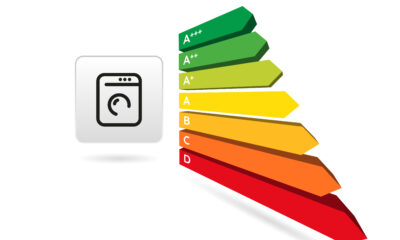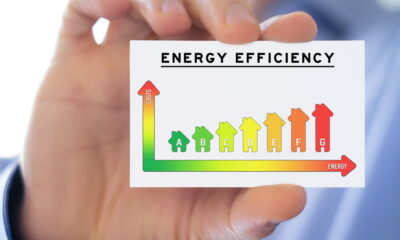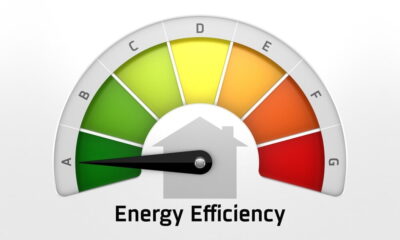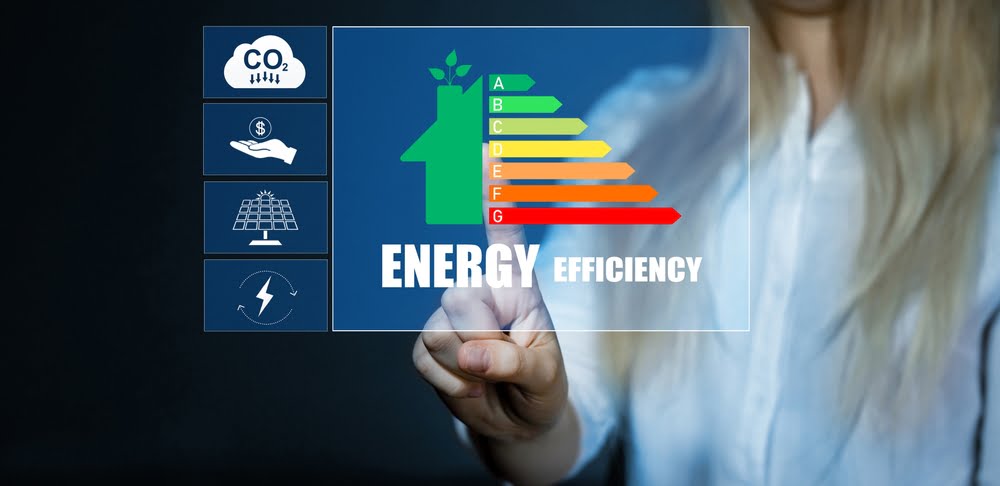
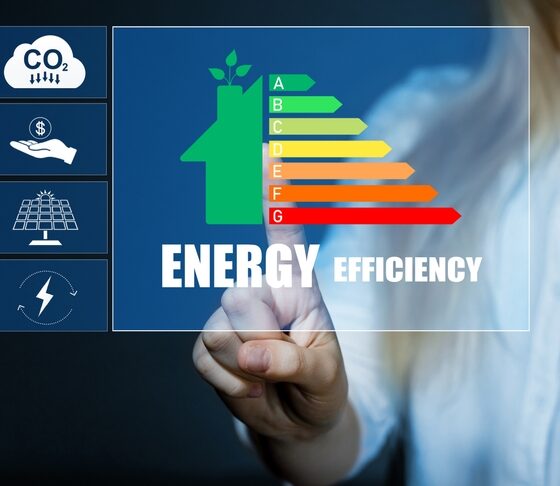
Energy
The Economics of Sustainability: Why Sustainable Practices Make Business Sense
Sustainability is not just a buzzword; it’s a crucial aspect of modern businesses. In recent years, there has been a growing realization that sustainable practices go hand in hand with economic viability. This article explores the economics behind sustainability and highlights why integrating sustainable practices into business operations makes perfect business sense.
Cost Savings through Energy Efficiency
Implementing energy-efficient measures is a win-win for businesses. By optimizing energy consumption, companies can significantly reduce utility bills and save substantial amounts of money. Simple actions such as switching to LED lighting, installing motion sensors, using rechargeable batteries and upgrading equipment can lead to substantial long-term savings, positively impacting the bottom line.
Green Innovation for Competitive Advantage
Embracing sustainability can drive innovation and give businesses a competitive edge. Companies that invest in research and development of green technologies often discover new products, services, and processes that are in high demand. Being at the forefront of green innovation positions businesses as leaders in their industry and attracts environmentally-conscious customers.
Enhanced Brand Image and Reputation
In today’s socially aware world, consumers are increasingly concerned about the environmental impact of their choices. By adopting sustainable practices, businesses can improve their brand image and reputation. A strong commitment to sustainability resonates with customers, fostering loyalty and trust. A positive brand image can attract new customers, increase market share, and enhance overall business performance.
Home Charging Stations: Tapping into the Electric Vehicle Revolution:
As the electric vehicle (EV) market continues to grow, businesses can leverage the opportunity by installing home charging stations for employees. By supporting the transition to EVs, companies can attract employees who care about the environment, reduce transportation emissions, and position themselves as leaders in the green transportation movement. Additionally, home charging stations can contribute to the local community’s sustainability goals and create a positive public perception.
Access to Green Markets
Sustainability is not limited to cost savings; it also opens doors to new markets. As governments and consumers become more environmentally conscious, they actively seek products and services that align with their values. Companies that integrate sustainability into their operations gain access to green markets, where demand is growing rapidly. Capitalizing on these markets can lead to increased revenue streams and business expansion opportunities.
Resilience to Regulatory Changes
Environmental regulations are becoming stricter worldwide, and businesses that fail to comply may face severe penalties. By adopting sustainable practices ahead of time, companies can stay ahead of regulatory changes and avoid costly non-compliance issues. Proactive measures, such as reducing emissions and waste, can help businesses navigate regulatory landscapes more effectively, ensuring long-term sustainability.
Employee Attraction and Retention
Sustainable businesses tend to attract and retain top talent. Today’s workforce values companies that prioritize sustainability and social responsibility. Employees are more likely to be motivated and engaged when they work for an organization that aligns with their personal values. By embracing sustainability, businesses can create a positive work environment and gain a competitive advantage in recruiting and retaining skilled employees.
Supply Chain Optimization
Sustainability extends beyond a company’s internal operations; it also encompasses the supply chain. Implementing sustainable practices across the supply chain can result in cost savings, increased efficiency, and reduced environmental impact. Collaborating with suppliers that prioritize sustainability enhances the overall reputation of the business and creates a ripple effect throughout the industry.
Circular Economy: Maximizing Resource Efficiency
Incorporating the principles of the circular economy can bring substantial benefits to businesses. By shifting from a linear “take-make-dispose” model to a circular one, companies can minimize waste, maximize resource efficiency, and reduce costs. Through practices like recycling, reusing materials, purchasing refurbished photography equipment, and implementing closed-loop systems, businesses can reduce the need for raw materials and lower their environmental footprint. Adopting a circular economy approach not only reduces costs but also strengthens supply chain resilience and fosters innovation in product design and manufacturing processes.
Investor Interest in Sustainability: Access to Capital
Sustainable businesses are increasingly capturing the attention of investors. Environmental, Social, and Governance (ESG) factors are now considered crucial indicators of a company’s long-term viability and profitability. Investors are actively seeking opportunities to support sustainable businesses and allocate their capital accordingly. By incorporating sustainable practices, companies can attract a broader range of investors, including socially responsible investment funds, thereby accessing new sources of capital and improving their financial stability.


 Environment12 months ago
Environment12 months agoAre Polymer Banknotes: an Eco-Friendly Trend or a Groundswell?

 Features11 months ago
Features11 months agoEco-Friendly Cryptocurrencies: Sustainable Investment Choices

 Features12 months ago
Features12 months agoEco-Friendly Crypto Traders Must Find the Right Exchange

 Energy11 months ago
Energy11 months agoThe Growing Role of Solar Panels in Ireland’s Energy Future


